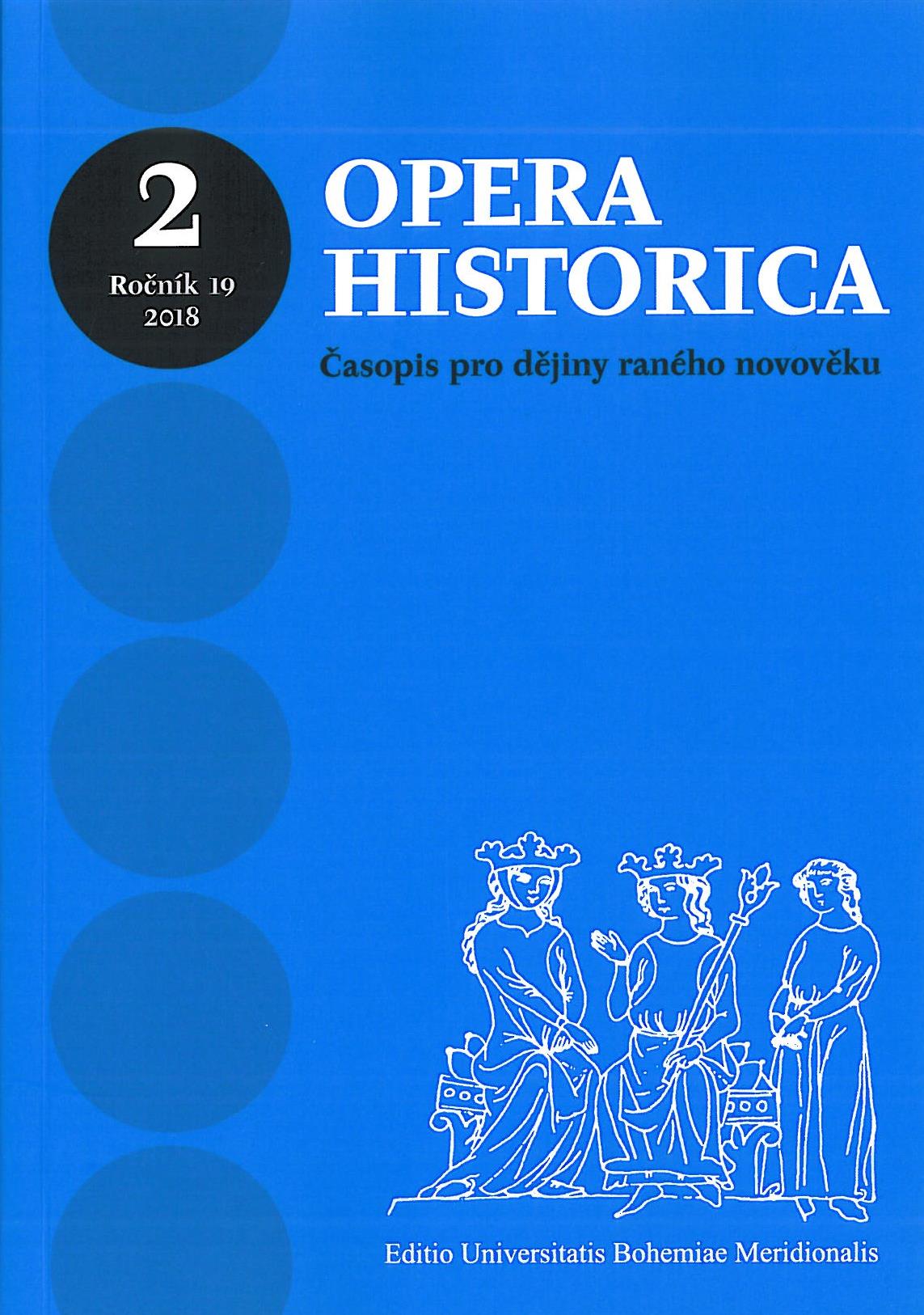Dary zvířat jako prostředek symbolické komunikace předbělohorské šlechty
Gifts of animals as a means of symbolic communication among the pre-White Mountain nobility
Author(s): Jakub KalivodaSubject(s): Cultural history, 16th Century, 17th Century
Published by: Jihočeská univerzita v Českých Budějovicích
Keywords: Bohemia; pre-White Mountain era; nobility; animals; animal studies; gifts; gift-giving; symbolic communication
Summary/Abstract: This study focuses on the gifts of animals travelling among the nobility of the Bohemian lands of the pre-White Mountain era. The animals donated are described on the basis of the letters that were sent along with them. In published and unpublished correspondence, 1,079 mentions of gift-giving were found, with animal gifts accounting for 596 cases. The main goal of the study is to explain the importance of animal gifts for the everyday symbolic communication of the pre-White Mountain nobility. Gift exchanges are viewed through the lens of social science theories of gift-giving, based mainly on the work of Marcel Mauss, which emphasizes the necessity of reciprocating the gift and the symbolic side of this social ritual. The donors and recipients found in the correspondence in most cases fell into established categories of early modern social relations. These were blood and non-blood relatives, neighbours, patrons or clients, and employers or servants. Animal donations are divided into live animals and dead animals in the study. Animals sent alive included horses and dogs. In both cases, these were animal species symbolically associated with nobles. Horses had formed a basis of aristocratic representation since antiquity, and gifts of hunting dogs indicated the privileged right of the nobility to hunt. The symbolic meanings of animals also played a role in the selection of dead animals given as gifts intended for consumption. Wild game was most often sent. Feathered game, small game, deer and black game could only be hunted by nobles or their huntsmen. Fish were also sent for preparation as food. In their case, the symbolic meaning could be seen in the wealth that fish-farming brought to the pre-White Mountain Estates. There were hierarchies of the symbolic values of gifts in individual animal species which are outlined in the study and compared with contemporary literature. Gifts of game and fish often accompanied feasts associated with rites of passage or the liturgical year. Gift-giving was part of the celebration ritual here. Even if the donor could not participate in the feast, the gift represented his person on a symbolic level. The most important motive for sending gifts appears to be an effort to maintain good relations between nobles, called „good friendship“ in the discourse of the time. Requests to hold the donor in remembrance and assurances of future repayment of donations appear regularly in the letters.
Journal: Opera Historica
- Issue Year: 24/2023
- Issue No: 2
- Page Range: 209-229
- Page Count: 21
- Language: Czech

